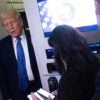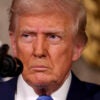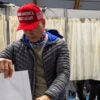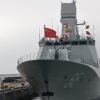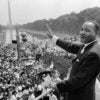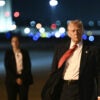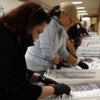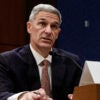Last week, Secretary of Commerce Gary Locke delivered a speech at the National Press Club titled “Back to Basics: A Blueprint for Exports-Driven Job Growth,” and remarked that “[President Obama’s National Export Initiative] will correct an economic blind spot that has allowed other countries to chip away at America’s international competitiveness.” The secretary also stated that “The United States is the most open major economy in the world…And that’s not going to change!”
Well, unfortunately, “empirical reality” tells us a different story. According to the 2010 Index of Economic Freedom, a data-driven study by The Heritage Foundation and The Wall Street Journal, the U.S. economy has fallen from the top tier “free” category. Recent years’ economic policies have dramatically accelerated this decadency. Falling behind Canada, the United States is now a “mostly free” economy.
The Daily Signal depends on the support of readers like you. Donate now
Indeed, our economic strength is being weakened by many “blind spots,” and our global competitiveness is losing ground. While many countries around the world continue on the path of increasing competitiveness and flexibility, the United States is, in many respects, moving in the opposite direction, simultaneously burdening its economy with increasing government spending, uncompetitive tax rates, and barriers to trade and investment that stifle entrepreneurship and dynamic growth.
Without causing further delays by fleshing out talking points, it is the time to reverse the slide in our economic freedom. A good stepping stone to that would be to restore our credibility in international trade by moving forward three currently-stalled free trade agreements with Panama, Colombia and South Korea.
